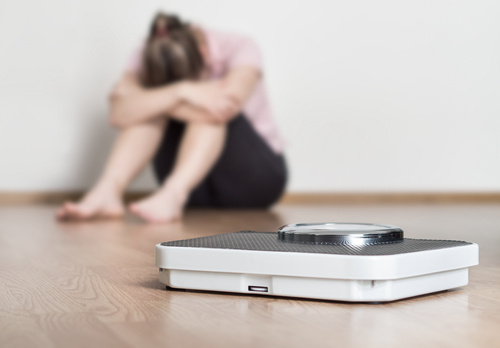The Benefits of Transitional Housing for Women in Recovery
Transitional housing, such as sober living facilities, are optional residential group homes for individuals to move into after completing a formal substance abuse and/ or addiction treatment program. The Los Angeles Times explains that sober living houses (SLHs), sober homes, and sober living environments are “facilities that provide safe housing and supportive, structured living conditions for people exiting drug rehabilitation programs.” They offer a compromise between the high structure and accountability found in a residential treatment program and the freedom and lack of structure and accountability in an independent living situation. According to the National Institute on Drug Abuse (NIDA), the length of time an individual spends in substance abuse treatment (including sober living) can directly increase her outcome in recovery. An article published in Journal of Psychoactive Drugs examines the array of benefits residing in a sober living facility can have in support of one’s continued sobriety, such as:
- Reinforces personal accountability. Sober living homes are not funded by the state and require its residents cover the costs associated with residing in the home. Additionally, each sober living facility will have its own set of rules and regulations as well as corresponding consequences for violations. These clear expectations force residents to remain accountable for their actions.
- Assists in further strengthening one’s foundation of recovery by living in an environment that is free of potential triggers and temptations that may present in one’s home life.
- Provides its residents with a built-in support network during a vulnerable time, as everyone in a sober living residence shares a common goal, which is to remain sober. This commonality can draw people together and facilitate comradery.
- Promotes a sense of autonomy. While intended as non-permanent housing, sober living homes rarely limit the duration of ones stay and enable residents to live there if they wish, provided they can honor the financial responsibilities as well as the house rules and regulations.
- Practice acting as a meaningful member of the community. Residents are encouraged to be contributing members of their sober living community by showing up for the regularly scheduled support group meetings as well as completing household chores.
- Offer a wide range of amenities to help residents further develop and refine healthy daily habits, such as hosting a certain number of support group meetings, exercise facilities, connections with local places of employment, and residential therapists. Some will even have catered meals, or provide locally grown, healthy groceries.
Sober living facilities are excellent transitional residencies for women working towards reintegrating into society after rehab. However, moving into a transitional sober living facility entirely depends on what is deemed most beneficial by a woman’s clinical care team at the conclusion of her substance abuse and/ or addiction treatment program. The purpose of a sober living facility is not to shield individuals from reality, but instead to facilitate prolonged and sustained sobriety by helping people take the necessary preparatory steps to fully reintegrate into society.
For Information and Support
Substance abuse and addiction can be incredibly dangerous and can result in severe short and long-term consequences. If you or someone you know is suffering from substance abuse or addiction, please get help as soon as possible. The earlier you seek support, the sooner you and your loved ones can return to leading happy, healthy, and fulfilling lives. There is no reason to go through this alone, and we are here to help. Please feel free to reach out to us for further information or with any questions regarding substance abuse or addiction. We are available anytime via telephone at: 213-389-9964, or you can always email us at: info@friendlyhousela.org.



